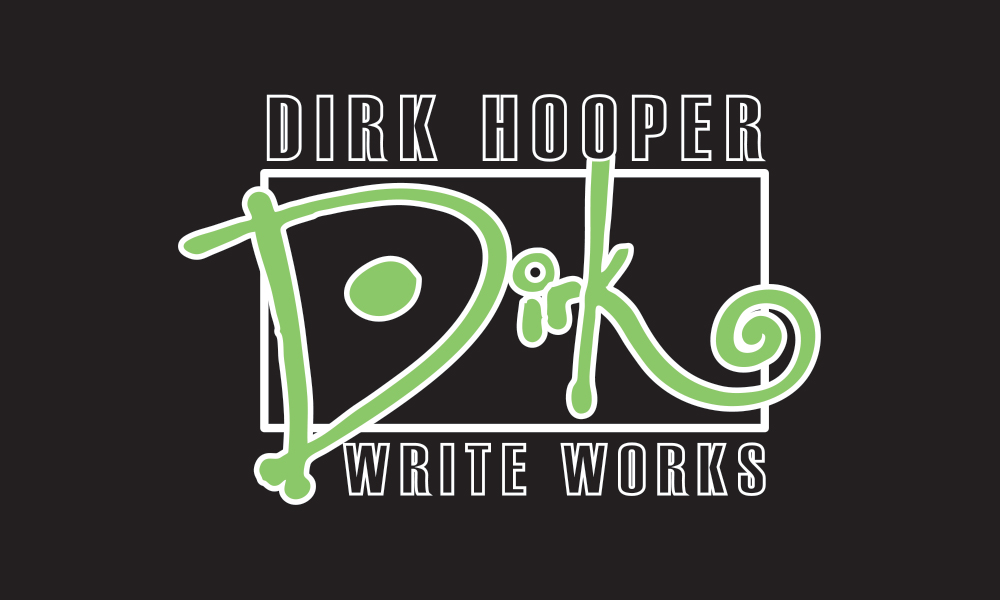The book Fahrenheit 451 by Ray Bradbury was never more relevant than right now. Most people view that book as a warning against a totalitarian state, but that wasn’t the point of the book.
Bradbury wrote that book in 1953, and it was the growing fascination with small black and white televisions that fueled the premise for Fahrenheit 451. It wasn’t an overreach by the government, we did it to ourselves by seeking the comfort of electronic entertainment, instead of confronting difficult or troubling information contained in books.
See? Bradbury predicted the future. We’re living in the world of Fahrenheit 451.
This is the reason that HBO’s original movie Fahrenheit 451 is so ambitious, and unfortunately it fails to reach the heights it pursues.
Ramin Bahrani, who wrote the adaptation and directed Fahrenheit 451, has updated the story to comport with modern audiences. There are numerous (maybe too numerous) shots of downtown buildings that broadcast a stream of content, complete with floating emojis that display how people feel about the content. An emoji-laden Moby Dick is available on “The 9,” which is a truncated and sanitized internet. There’s a Siri-style device called Yuxie in everyone’s home that is always on, and watching you.
Some of the world-building that Bahrani introduces to bring us into the modern era doesn’t hold up to scrutiny though. And some of the rhetoric to make this movie relevant right this moment are unfortunate.
The movie still features Guy Montag, a fireman who burns things instead of putting them out. It’s his encounter with a woman who chooses to be burned with her books that makes Montag reconsider whether he’s on the right side.
Montag is played by Michael B. Jordan, who is not just good in this movie, but carries it further despite the anemic character development.
It’s Captain Beatty (Michael Shannon) who serves as Montag’s mentor, and eventual antagonist. He’s a self-loathing, speech-giving patriot, and Michael Shannon breathes a lot of life into the character. Ironically, he’s the most interesting character in the film.
I’m seriously enamored with Sofia Boutella, so it was good to see her in the role of Clarisse, but that character is also seriously underdeveloped.
Fahrenheit 451 runs 100 minutes, and I’m not sure why. Another 20 minutes might have allowed for some of the characters and relationships to grow more. Even Montag, who has his arc, could have been serviced more with some development.
The near-future look of the film is well done. The primary colors, the user interfaces, and Firemen outfits are designed well. The film’s cinematography and shot selection are a bit utilitarian though.
Bahrani does understand the point of the book, and he makes it in this film. He does show Sofia Boutella grab a book, crack it open, and take a deep whiff of the pages within. He does inject some philosophy from several books, and shows people who have memorized whole books, so that they, in effect, become the books. He shows how vital free-thinking is in classrooms. He’s definitely encouraging us to tackle tougher works. These are all great flourishes.
I wish there was much more passion in this film though.
Besides Captain Beatty, everyone seems so detached. Relationships and characters are place-holders to serve the plot, so when events start to affect these people, we’re also detached from the consequences. If we loved more of these characters and got swept away with their stories, this would have been so much better.
Fahrenheit 451 could easily be an episode of Black Mirror. The problem is that the scope of the movie should exceed the scope of a television episode, and it doesn’t. And Black Mirror doesn’t shy away away from making you care about the characters and hitting you hard, while Fahrenheit 451 would have been ten times more effective if it had done exactly that.
I feel about Fahrenheit 451 much the same way I felt about Disney’s adaptation of A Princess of Mars (2012s John Carter). There are only so many stabs you get at this material, and what a shame that we’ve wasted one of those attempts and missed the mark.
Given the vital theme of Fahrenheit 451, and the ironic nature of making a film about a book that warns us about being too dazzled by electronic mediums, I’d suggest that instead of seeing the movie, you curl up with the original book instead.
